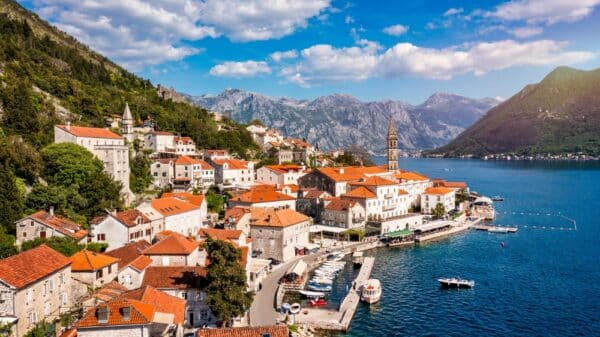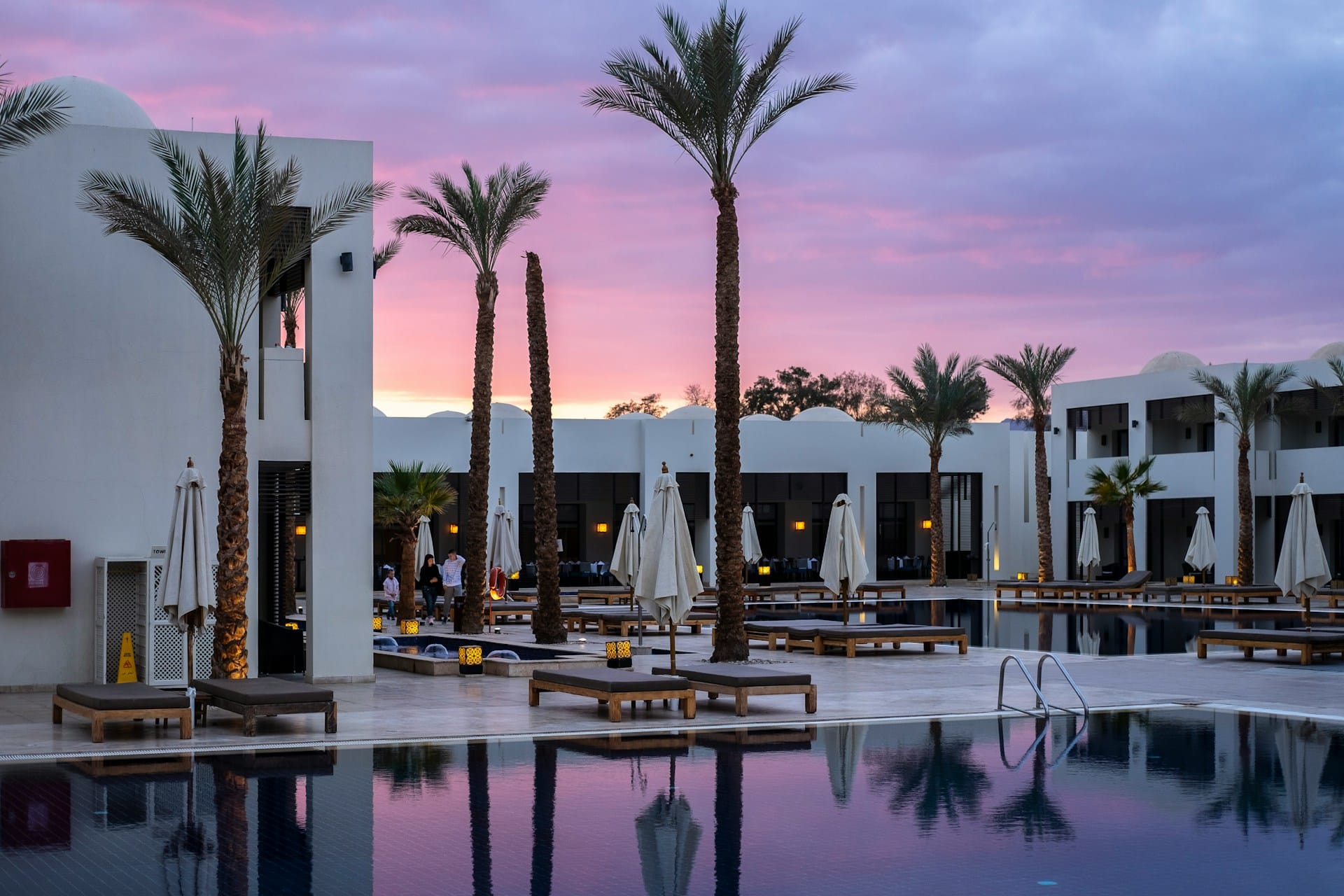In recent discussions surrounding family and societal values, some French government officials are proposing a ban on adults-only resorts and hotels. This initiative, led by Minister Delegate for Children and Families, Sarah El Haïry, raises significant questions about the impact of such establishments on family dynamics and societal norms in France.
A Growing Concern
El Haïry argues that these child-free environments are not representative of French culture or values. During a recent roundtable, she expressed concerns that prohibiting children in certain venues equates to an infringement on their civil rights. Such policies, she claims, effectively alienate parents and create divisions within French society. This sentiment is echoed by Senator Laurence Rossignol, who has even put forth a bill aimed at curbing the rise of these adult-only spaces.
Current Trends in Hospitality
While the trend of adults-only resorts is gaining traction in some regions, particularly in Anglo-Saxon countries, it remains relatively minor in France—comprising less than 5% of lodging options. In contrast, neighboring Belgium sees about 10% of hospitality venues following suit to create a child-free experience. The sea change of this trend is highlighted by a daring move from Corendon Airlines, which introduced a child-free zone on select long-haul flights.
Balancing Interests
The implications of a proposed ban stretch beyond personal preference and delve into broader economic and cultural considerations. Advocates for the ban argue that it protects family integrity and ensures children are not made to feel unwelcome. However, opponents, including trade union leaders, warn that such restrictions could stifle the hospitality industry’s competitiveness, especially as France continues to grapple with its position in the global tourism market.
Perspectives on Family Inclusion
El Haïry’s concerns hint at a more profound societal issue: how children are perceived in public spaces. The fear that parents might avoid taking their children out or resort to pacifying them with electronic devices highlights the pressure many families face. With the elephant in the room being societal expectations, it begs the question of whether family-friendly environments should be upheld at the expense of adult-focused escapes.
Conclusion
The debate over adult-only resorts reflects deeper societal values and raises important questions about inclusivity and community. As France navigates the balance between catering to various demographics and nurturing an inclusive culture, the outcomes of these discussions may shape the future landscape of travel and hospitality in the country. The dialogue is ongoing, and only time will reveal the path forward for family-centric versus adult-only travel spaces in France.
This discourse not only reflects current market dynamics but also suggests a shift in how society prioritizes children’s visibility and accessibility in public spaces, merging cultural, economic, and ethical considerations into the evolving narrative of French tourism.
Image Source: Unsplash





























